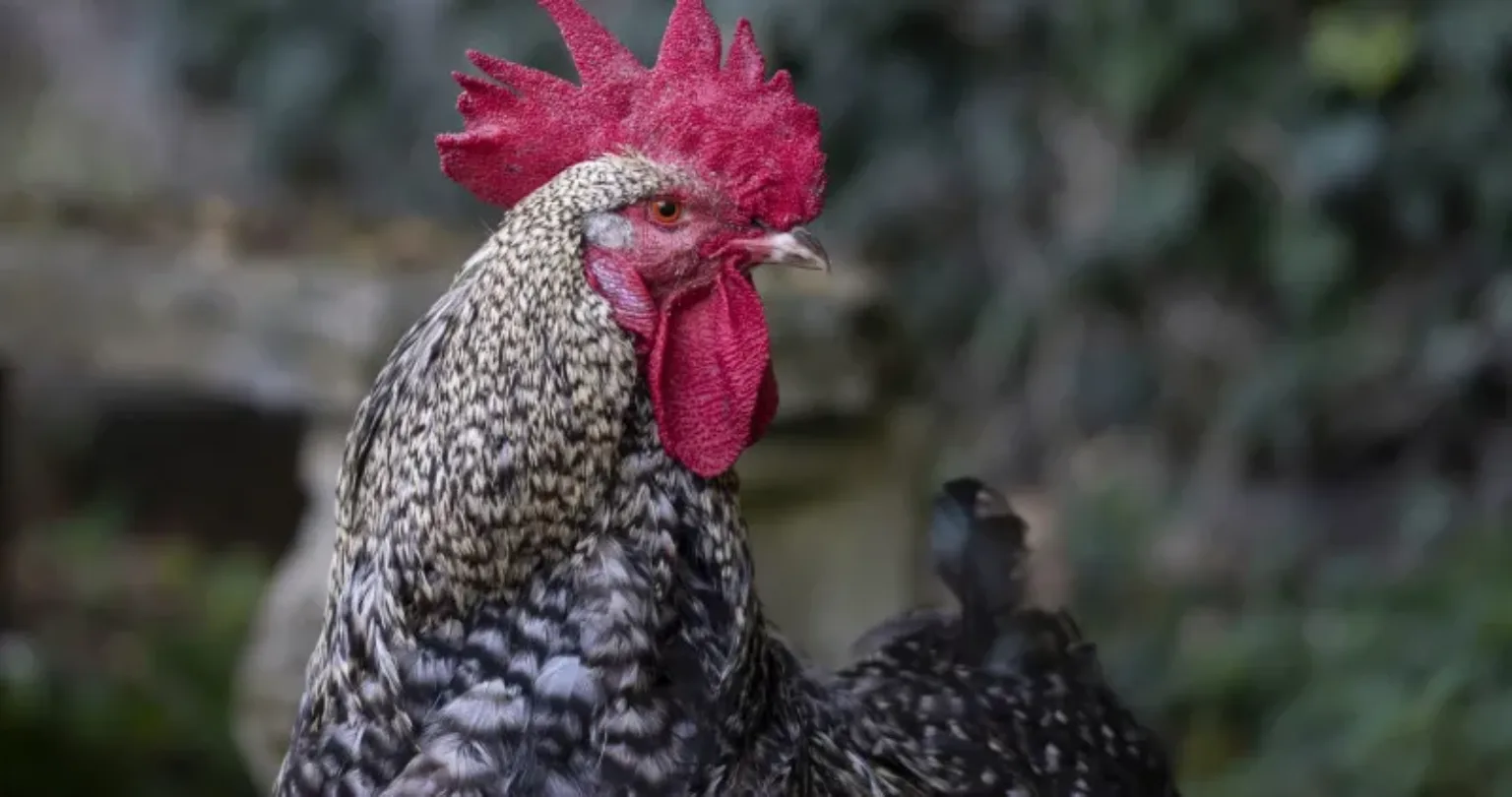Could you star in The Dog House?
If you're looking for a match, filming for the next series starts this Spring.

Cockerels are a joy to own and make great pets. They're caring, loyal and will help keep your chickens happy and healthy.
Owning a cockerel is a wonderful experience and they make great pets too. In this article, we explore the reasons why cockerels are brought in as unwanted pets, discuss the misconceptions and explain the joys of introducing one to your flock.
The number of cockerels waiting to be rehomed through rescues and rehoming organisations is ever-increasing and this is down to the popular activity of hatching chicks. This is usually seen in classrooms, households and early years education where fertilised eggs are kept in an incubator and hatch into chicks. In some garden set-ups, others allow their hens to sit on their eggs which eventually hatch into chicks. Although this could seem like an effective and practical way of teaching children about the life cycle of an animal, in reality, the majority of the hatched chicks could be cockerels and their future could be somewhat uncertain.
Rescue centres often see an increase in calls in the springtime from teachers who often take on hatched chickens themselves. Most schools return the chicks to the farmer who gave them the eggs, but to help the males live fulfilling lives, teachers contact rescues in the hope that they can find them new homes, however they don’t always have the space. Cockerels don’t always live together or within close proximity of one another due to the noise and behavioural issues that can occur.
Here at Woodgreen, we’re keen for chicken owners to consider adding a cockerel to their brood. We also want to encourage children to learn about the full life and needs of a chicken, rather than just the first few weeks of its life.
Many rescue centres and organisations have lots of cockerels looking for new homes. Unfortunately, cockerels are known to make quite a racket, especially in the mornings. And while this isn’t much of a problem in the countryside, more and more people are getting chickens in urban areas and the addition of a cockerel can risk upsetting neighbours. Because of this, lots of cockerels find their way to rescue centres.
Cockerels are renowned for being very loving and protective of their hens, making them a worthy addition to any flock. They often have a reputation of being noisy and aggressive, however, this is not true for a lot of them. Cockerels live happily in an environment that suits them. Some may be more suited to a larger brood and older children in the home because they can be more territorial. Others thrive in a smaller brood and will become part of the family.
They’re great at protecting and defending their hens from any potential threats and predators – you will often find them on patrol, marching around their enclosure on the lookout for any danger. They will also help to keep the girls in order, preventing any bickering or fighting in the flock, especially when expanding the group.
When it comes to food, a cockerel is a true gent, he will let his hens know if he finds any tasty treats, or when food arrives. Then he will call them over so they can eat first before he digs in. He will even place any food he finds in front of his hens too, waiting on their hand and foot like royalty! Towards the end of the day at dusk, you’ll see him rounding up the hens and calling them into the coop for the night.
A common misconception of cockerels is that you should only own a cockerel as a pet if you want to breed with your hens. This is not always the case. You can keep hens and a cockerel together without expanding the group. All you need to do is remove any eggs from sitting hens on a daily basis, just in case they are fertile. Otherwise, you might find that you have multiple cockerels. If your hens aren’t willing to easily move off their eggs, gently pick them up and move them off yourself and remove the eggs.
When making the decision to rehome a cockerel, make sure you talk to your neighbours first. Cockerels make for a reliable alarm clock, so it’s best to make sure they won’t mind any crowing early in the morning.
Before you bring a cockerel home, take the time to meet a few birds to help you find the right one for your family and your flock.
If you’re thinking about adopting a group of hens and want to find out more about their care, our free chicken e-learning course is a great place to start! You’ll explore all the basic needs of a chicken and how to keep your flock happy and healthy. To see our full range of live and virtual workshops and classes, visit our website.